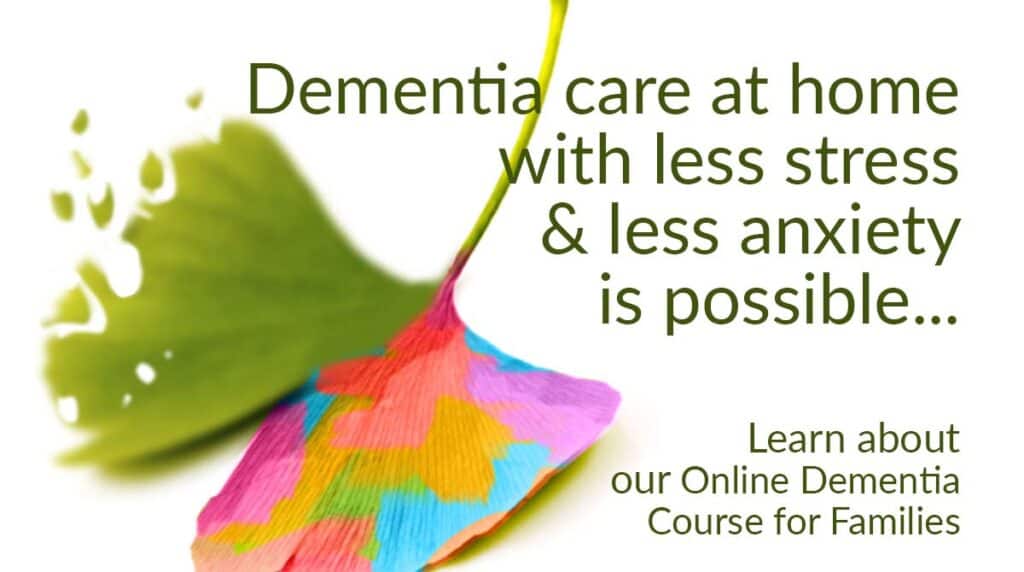How do we help someone with dementia feel secure in our care?
Having dementia means experiencing progressive cognitive impairment. When this is happening to you, you find yourself suddenly unable to do things you’ve been able to do for decades without thinking. It’s not surprising that you would experience both dementia and anxiety as a result of the progression of dementia or Alzheimer’s disease.
Without warning, you might find yourself standing in the shower with the shampoo in your hand, drawing a blank about what to do with it. Or you might find yourself halfway through making coffee one morning with no idea how to add water to your coffeemaker.
To find yourself suddenly unable to do something simple is terrifying. If you realize that you are becoming increasingly impaired, you know that depending on others to provide for your every need is coming. You know you’ll become more and more of a burden. You also know you will have to trust those who love you to keep you safe and comfortable.
How can we, as families and caregivers, help our loved ones come to trust us and be less anxious—even though they are becoming increasingly less able to make sense out of what we are asking them to do?
Dementia can be terrifying, but we can make it less so…
(Click/tap on the right or left side of the images to turn the pages of this story or view the story in the full-screen player.)
Help them feel safe being confused.
One of the surest ways to help people who are losing memory and rational thought have less anxiety and feel safe is to make sure that whenever they are with you, they can ask for information as often as they need it without upsetting you. If you are never alarmed or irritated when they display that they do not understand or cannot recall, they will at first feel safe asking, then eventually feel safe not asking. They will begin to trust you to keep track of what’s going on even though they can’t.
For someone experiencing dementia, becoming increasingly confused is unavoidable. As their companions, we do them a great kindness when we help them become comfortable with it.
Help them feel less anxiety when doing tasks.
Whether people with dementia are with family members, friends, or paid caregivers, there are always things that need to be done. Even if they are simply getting ready to go for a walk, preparations must be made. Although it may be obvious to us that appropriate shoes are necessary, it won’t be apparent to someone who lacks memory and rational thought.
If I want my loved one to feel safe being in my care—and be comfortable with the constraints dementia creates—I need to become an easygoing and nonjudgmental partner in accomplishing what needs to be done. If I communicate concern or irritation when my loved one doesn’t understand what should happen next, I am putting myself in a position of superiority, which means we will have problems.

My role when I’m with someone experiencing dementia is that of teammate—a fellow traveler on the road of forgetfulness, and fellow finder of ways to enjoy the world intuitively. If I am there as a companion rather than as a superior, we will have a pleasant time together.
Dementia and anxiety about memories—help them feel safe.
With memory loss comes an altered sense of reality—both about the past and the present. If I accept the inaccuracies that result from memory loss and work with them, rather than demanding that my loved ones or clients to use the memory and rational thought skills no longer available to them, they will again begin to feel safe with me.
People with dementia continue to learn experientially. They will either learn that they are safe in our care, or that they are not, through their day-to-day experiences with us. The anxiety or security they feel will linger on, even when they cannot remember what has happened. It’s up to us to help them learn that they are still safe even as the dementia progresses.
Do you have a friend or loved one who is experiencing dementia? Learn more about how you can support them in our guide, “Caring for Someone with Dementia at Home.”
§



